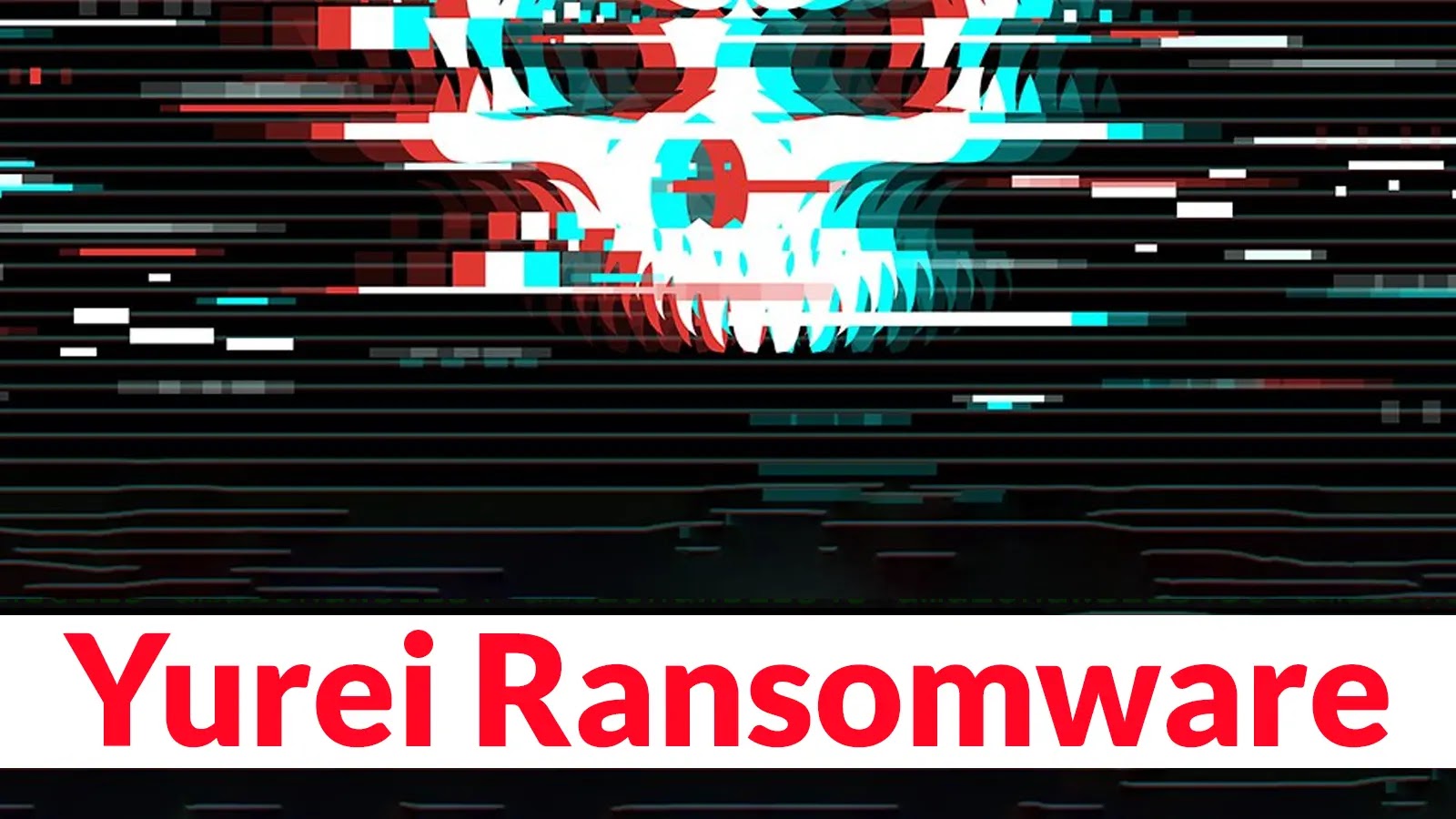Iranian state-sponsored cyber actors have significantly advanced their operations by integrating artificial intelligence (AI) to craft sophisticated phishing emails aimed at cybersecurity researchers and academic institutions in Western countries. This strategic shift, primarily attributed to the group known as APT35 (also referred to as Charming Kitten or Magic Hound), marks a departure from traditional surveillance methods toward more refined social engineering attacks.
Context and Evolution of Iranian Cyber Tactics
Historically, Iranian cyber operations have focused on espionage and data collection. However, recent developments indicate a calculated move toward targeting individuals responsible for defending against such threats. This evolution is particularly notable in the wake of heightened geopolitical tensions following the June 2025 Israeli and American strikes on Iranian nuclear and military facilities. The timing suggests a digital retaliation strategy extending beyond conventional geographic boundaries.
Mechanisms of AI-Enhanced Phishing Campaigns
The AI-crafted emails employed by APT35 leverage advanced natural language processing capabilities to analyze publicly available information about target individuals. This analysis enables the creation of highly personalized and contextually relevant communications. Machine learning algorithms study the writing patterns, professional interests, and communication styles of legitimate industry figures, allowing the attackers to craft emails that closely mimic authentic correspondence.
These emails often reference specific research papers, conference presentations, and industry developments pertinent to the target’s field of expertise. By including subtle technical discussions about emerging cybersecurity threats or research methodologies, the attackers appeal to the intellectual curiosity of cybersecurity professionals, gradually establishing trust and credibility.
Implications for Cybersecurity Professionals
The sophistication of these AI-generated phishing campaigns poses significant challenges for traditional security measures. The personalized nature of the emails makes detection more difficult, as they can bypass standard filters designed to identify generic phishing attempts. This development underscores the need for enhanced vigilance and adaptive security protocols within the cybersecurity community.
Broader Impact on Cyber Warfare
The integration of AI into cyber operations by state-sponsored actors like APT35 represents a significant development in cyber warfare. By targeting the knowledge base and research capabilities of cybersecurity professionals, these campaigns aim to undermine the very defenses designed to protect against such threats. This strategy highlights the evolving nature of cyber threats and the importance of continuous adaptation in cybersecurity practices.
Conclusion
The use of AI-crafted emails by Iranian cyber actors to target cybersecurity researchers and academics signifies a notable shift in cyber warfare tactics. This approach not only enhances the effectiveness of phishing campaigns but also challenges existing security measures, emphasizing the need for ongoing vigilance and innovation in cybersecurity defenses.



